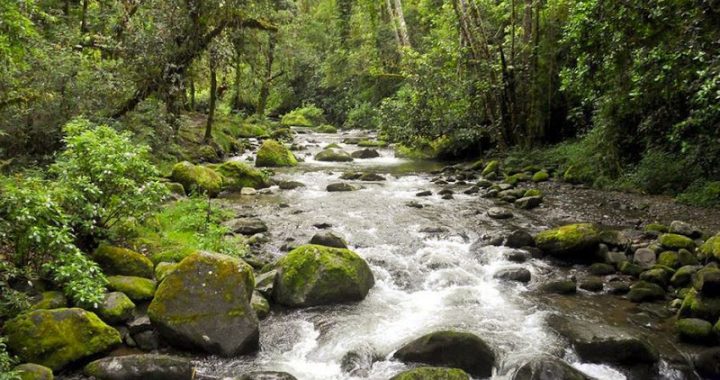Costa Rica, known for its lush rainforests, stunning beaches, and abundant water resources, takes great pride in its commitment to environmental preservation. With a strong focus on sustainability, Costa Rica has developed comprehensive water laws to protect its precious water sources, ensure equitable access, and promote responsible water management. In this blog post, we will delve into the key aspects of Costa Rica’s water laws, highlighting their significance in safeguarding this invaluable resource.
The Right to Water:
Costa Rica’s legal framework recognizes the right to access clean water as a fundamental human right. The Costa Rican Constitution explicitly declares water to be a public good, owned by the state but accessible to all citizens. This provision ensures that every person in the country has the right to sufficient, safe, and affordable water for personal and domestic use.
Water Administration and Governance:
The Costa Rican Institute of Aqueducts and Sewers (AyA) is the principal governmental body responsible for water administration and management. AyA oversees the development and implementation of policies, plans, and regulations related to water supply, sanitation, and resource conservation. It works in close collaboration with other institutions and local water boards to ensure efficient and sustainable water governance across the country.
Water Resource Management:
Costa Rica’s water laws prioritize the sustainable management of water resources. The Water Law of 1942, subsequently updated in 1975, establishes the legal framework for water resource management. It designates water as a national patrimony, granting the state ownership and control over all water sources, including rivers, lakes, and aquifers. This legislation ensures that water extraction, allocation, and use adhere to environmental, social, and economic considerations.
Environmental Protection and Conservation:
Recognizing the importance of preserving Costa Rica’s rich biodiversity, the country has implemented strict environmental protection measures within its water laws. Environmental impact assessments (EIAs) are mandatory for projects that could potentially affect water bodies or ecosystems. The law prohibits activities that contaminate water sources, endanger aquatic ecosystems, or harm water quality. These regulations play a crucial role in safeguarding the country’s fragile ecosystems and maintaining the overall ecological balance.
Water Rights and Permits:
To ensure equitable distribution and sustainable use of water resources, Costa Rica has established a permit system for water use. Users, including individuals, businesses, and agricultural operations, must obtain permits from AyA or local water boards to access and use water. The permit system helps regulate water extraction, prevents overuse, and ensures that water allocation aligns with conservation goals. Unauthorized water use is strictly prohibited and subject to penalties.
Water Pricing and Financing:
Costa Rica follows a progressive water pricing system that encourages conservation and efficient use. Water rates are structured to promote responsible consumption, with higher tariffs for excessive use. These pricing mechanisms aim to incentivize conservation practices and discourage wasteful water habits. Additionally, the funds generated from water tariffs are reinvested into water infrastructure development, maintenance, and conservation efforts.
Costa Rica’s water laws exemplify the country’s commitment to sustainable water management and environmental stewardship. By recognizing water as a fundamental human right, implementing robust governance mechanisms, and prioritizing conservation, Costa Rica serves as a role model for other nations facing similar challenges. The ongoing efforts to protect and manage water resources not only benefit the citizens of Costa Rica but also contribute to the global quest for sustainable development and the preservation of our planet’s most vital resource: water.






